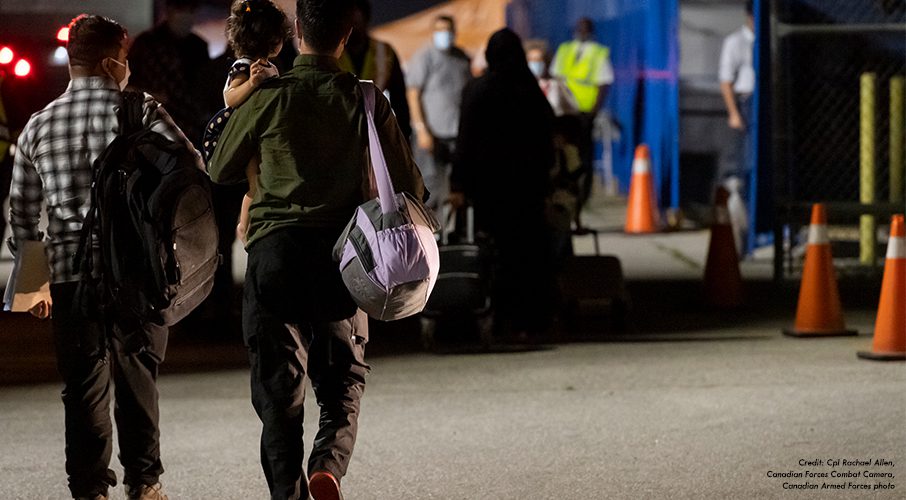
The government knew this day would come, but rather than listening to the advice of Canadians and the criticism of the opposition that they had received for months, Shuvaloy Majumdar writes that Ottawa clearly lacked a plan, amounting to nothing short of a betrayal of the Afghan people.
By Shuvaloy Majumdar, August 25, 2021
We saw this crisis hurtling toward us.
As bodies fell from the sky, as truncheons lashed women on the streets, the sounds we heard were those of our own false prophesies crashing down upon us. Of a crushing betrayal we knew we had been party to, and where our leaders failed to correct course, or even care.
Our leaders pantomimed negotiations with terrorists they knew were never sincere. Financed sanctuaries for those terrorists through delusions about Pakistan they knowingly subscribed to. Imposed a cabal of corruption and warlords, presented as strong central government, upon a nation allergic to central authority. And now pretend those terrorists auditioning to seize power have magically moderated, cast aspersions on Afghan courage, all to save face in the midst of unmitigated chaos.
I wonder how strong our will really was. We waged, as HR McMaster has astutely described, 20 one-year wars, instead of a unified 20-year campaign. We allowed bureaucratic groupthink, and our elites with their overconfidence, to guide us, instead of ordinary Afghans and what they told us. We have been unwilling to define and confront an enemy, whose will has now exceeded our own.
In July, under cover of secrecy and darkness, U.S. President Biden committed the horrendous malpractice of naivety and slogans masquerading as policy, and abandoned the Afghan people earlier than his stated date of September 11, 2021. We should not have been surprised that the Afghan National Army (ANA) we fought alongside, whose nearly 70,000 dead rest with 158 Canadian sisters and brothers, had no more fight.




